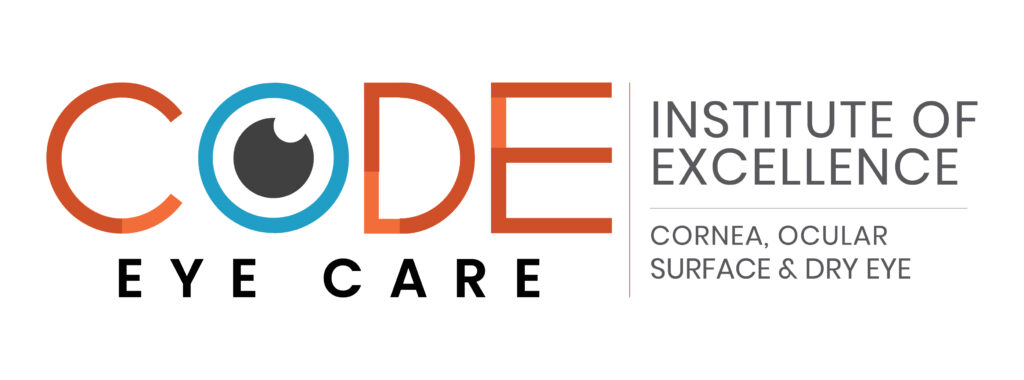Common Mistakes Contact Lens Wearers Make (And How to Avoid Them)
1. Wearing Lenses Too Long
One of the most common mistakes is wearing contact lenses longer than recommended. Whether it’s a daily, weekly, or monthly lens, over-wearing can deprive your eyes of necessary oxygen, causing dryness, irritation, or even infection.
How to avoid it: Always follow the wearing schedule provided by your optometrist or ophthalmologist. If you wear daily lenses, dispose of them at the end of the day. If you have extended-wear lenses, make sure you don’t exceed the time limit recommended for continuous use.
2. Sleeping in Contact Lenses
Even though some contact lenses are approved for overnight wear, many people mistakenly sleep in their lenses out of convenience. Doing so deprives the cornea of oxygen and can lead to serious complications, such as corneal ulcers or bacterial infections.
How to avoid it: Unless your lenses are specifically designed for overnight wear, remove them before going to bed. If you find it hard to remember, set an alarm or use a reminder app on your phone.
3. Improper Hygiene When Handling Lenses
Handling contact lenses with dirty hands is a huge risk factor for infections. If you don’t wash your hands properly before touching your lenses, dirt, oil, and bacteria can transfer to your lenses and, subsequently, your eyes.
How to avoid it: Always wash and dry your hands thoroughly before inserting or removing your lenses. Avoid touching your face or eyes while wearing lenses unless necessary. Also, ensure that your storage case is cleaned regularly to prevent bacterial buildup.




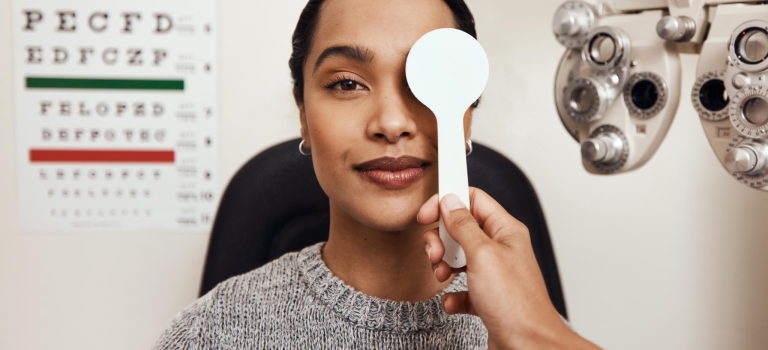
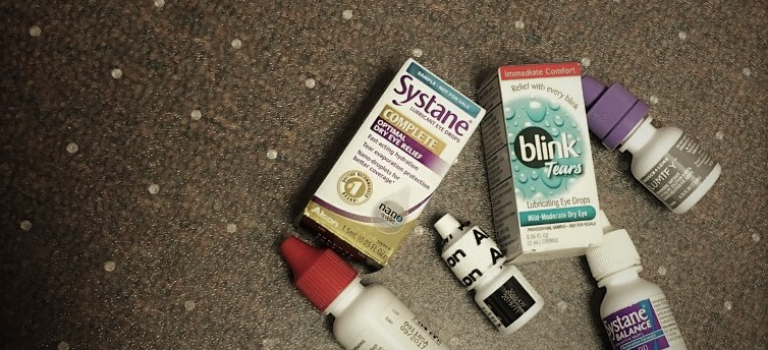
4. Using Expired or Improper Lens Solution
Many people make the mistake of using expired contact lens solution or mixing old solution with new. This can lead to contamination and a higher risk of eye infections. Additionally, using water, saliva, or any liquid other than the recommended lens solution to clean or store lenses can be harmful.
How to avoid it: Always use fresh solution and never top off the old solution in your lens case. Make sure your solution is within its expiration date, and always store your lenses in the proper case.
5. Neglecting Regular Eye Exams
Even if you’re not experiencing discomfort, neglecting regular eye exams can be harmful. Your prescription may change over time, and your eye health should be monitored to catch any potential issues early.
How to avoid it: Visit your optometrist for regular check-ups, ideally every year, or as recommended by your eye care provider. This ensures your lenses still suit your eyes and helps prevent any underlying conditions from going unnoticed.
6. Overusing Eye Drops
While it might seem like eye drops are the solution to dry, irritated eyes, overusing them can sometimes exacerbate the problem. Certain types of drops may only mask symptoms without addressing the root cause, and in some cases, they can create a cycle of dependency.
How to avoid it: If you experience dryness or discomfort frequently, talk to your eye care provider. They can recommend lubricating drops that are specifically formulated for contact lens wearers, and help address the underlying cause of your dry
7. Ignoring Discomfort
Sometimes, contact lenses can feel uncomfortable, but many wearers try to “push through” the discomfort, hoping it will subside. Ignoring persistent discomfort could lead to bigger issues, like corneal abrasions or infections.
How to avoid it: If your lenses are causing discomfort, remove them and give your eyes a break. If the irritation persists, consult your eye care provider to rule out any problems with the lenses or your eyes.
8. Not Replacing Lenses on Schedule
It’s easy to forget that contact lenses have an expiration date. Even if they still seem to be in good condition, using lenses past their recommended replacement period can increase the risk of eye infections and discomfort.
How to avoid it: Keep track of your lens replacement schedule and set reminders to ensure you change them on time. Stick to your optometrist’s recommendations for lens type, and don’t extend the lifespan of your lenses beyond what’s safe.
9. Touching Lenses with Dirty Fingers
Even a small amount of oil or dirt on your fingers can cause irritation when inserted into your eyes. This can lead to discomfort, cloudy vision, or even an infection.
How to avoid it: Make sure your hands are clean and dry before touching your contact lenses. You can even use a clean, lint-free cloth to handle the lenses to further reduce the risk of contamination.
10. Storing Lenses Improperly
Storing contact lenses in a dirty case or reusing the same solution without cleaning the case can introduce harmful bacteria to your lenses. This can lead to infections like keratitis.
How to avoid it: Clean your lens case regularly with fresh solution (never with water) and replace it every 3 to 6 months. Always store your lenses properly and make sure the case is completely dry before adding fresh solution

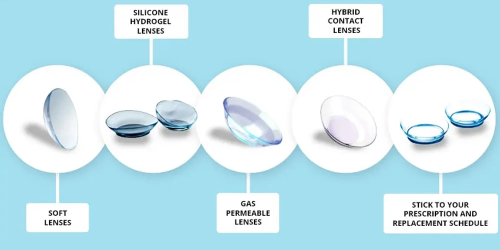
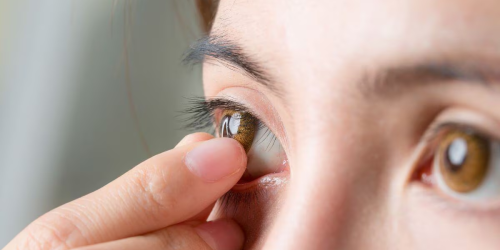
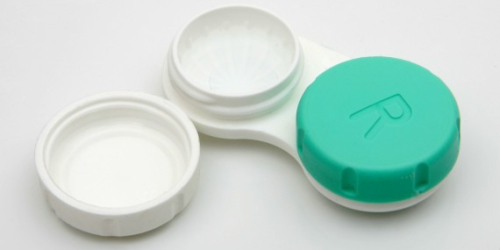
Conclusion: Taking proper care of your contact lenses is essential to maintaining eye health and ensuring clear vision. By avoiding these common mistakes, you can reduce the risk of discomfort, infection, or long-term damage to your eyes. Always follow the advice of your eye care professional and stay diligent about hygiene, lens replacement, and proper usage. After all, healthy eyes are happy eyes!
Common Mistakes Contact Lens Wearers Make (And How to Avoid Them)
Roshini came into the contact lens clinic complaining of redness, watering, and irritation in her eyes. She mentioned that she hadn’t been able to wear her lenses for the past four days due to discomfort. Upon examination, we observed significant inflammation in her conjunctiva, indicating irritation and potential infection.. After taking a detailed contact lens history, it became clear that she had been wearing her lenses beyond the recommended duration and was inconsistent with changing the solution in her lens case.
Contact lenses are a convenient alternative to glasses, but many wearers unknowingly make mistakes that can lead to discomfort, irritation, or even infections. Here’s a quick guide on how to avoid these common issues and keep your eyes healthy.
- Wearing Lenses Too Long
Over-wearing lenses deprives your eyes of oxygen, causing dryness and irritation.
How to avoid it: Stick to the recommended wearing schedule for your lenses—daily, weekly, or monthly. Dispose of dailies at the end of the day, and don’t exceed the recommended wear time for extended-wear lenses. - Sleeping in Lenses
Unless your lenses are designed for overnight wear, sleeping in them can cause serious issues like corneal ulcers.
How to avoid it: Remove your lenses before bed. Set an alarm or reminder if needed. - Poor Hygiene
Dirty hands or lenses can transfer bacteria to your eyes, increasing the risk of infection.
How to avoid it: Wash and dry your hands before handling your lenses. Clean your lens case regularly and avoid touching your face while wearing them. - Using Expired or Wrong Solution
Expired or mixed solution can contaminate lenses, leading to infections.
How to avoid it: Always use fresh, unexpired solutions and never mix old and new. Only store lenses in the correct solution, not water or saliva. - Skipping Eye Exams
Regular exams are essential for monitoring eye health and updating your prescription.
How to avoid it: Visit your eye care provider annually, or as recommended, to ensure your lenses are still suitable and your eyes are healthy.
6. Overusing Eye Drops
Overuse of drops can mask symptoms or worsen dry eyes.
How to avoid it: Consult your eye care provider for appropriate lubricating drops and solutions for dry eyes.
7. Ignoring Discomfort
Ignoring lens discomfort can lead to bigger issues like corneal abrasions.
How to avoid it: If discomfort persists, remove your lenses and consult your eye care provider for a solution.
8. Not Replacing Lenses on Time
Wearing lenses beyond their replacement date increases the risk of infection.
How to avoid it: Follow your replacement schedule and set reminders to change your lenses on time.
9. Touching Lenses with Dirty Fingers
Oil and dirt on your fingers can irritate your eyes.
How to avoid it: Wash your hands before touching your lenses. You can also use a lint-free cloth to handle them.
10. Storing Lenses Improperly
A dirty lens case can introduce bacteria and cause infections.
How to avoid it: Clean your lens case with fresh solution and replace it every 3-6 months.
Conclusion: Proper care of your contact lenses is key to maintaining eye health and clear vision. Avoiding these common mistakes helps prevent discomfort, infections, and long-term damage to your eyes. Follow your eye care professional’s advice and stay diligent about hygiene and lens maintenance.
Healthy eyes = happy eyes!
Experience The

